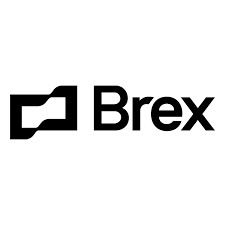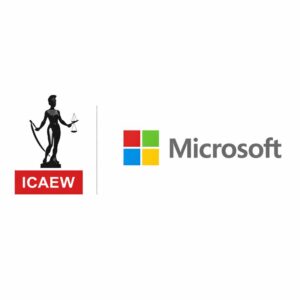The Digital Tools Supercharging Accounting Firm Efficiency
UK accountancy practices are using technology to reduce manual work and increase client value. Discover how each core function benefits from automation and digital tools.

Accounting has moved far beyond manual ledger entries. Accounting technology reshapes four core accounting services. It includes software, automation, and artificial intelligence. These services are audit and assurance, taxation, financial reporting, and management accounting. These digital innovations bring faster results, fewer errors, and free accountants to focus on advisory roles.
Audit and Assurance: Real-Time Risk Detection
Continuous auditing is no longer theoretical. Nearly 60% of UK audit firms have adopted real-time deal monitoring, according to the Association of Chartered Certified Accountants. Instead of sampling data, entire datasets are analysed, boosting fraud detection and reducing manual reviews by around 40%. This form of audit automation significantly enhances accuracy and efficiency.
Natural language processing accelerates contract and regulatory reviews. Deloitte found these AI-powered tools cut review times by over 50%, enabling auditors to focus on high-risk areas. This improves audit quality while maintaining professional oversight and compliance.
Taxation: Automation Unlocks Strategic Potential
Tax preparation once involved manual data entry. Now automated systems handle approximately 45% of routine data entry and calculations, PwC reports. With real-time tax code updates, tax automation software reduces compliance risks and errors significantly.
Predictive analytics help tax teams find nearly 30% more optimisation opportunities by modelling future tax liabilities. This enables a strategic shift from compliance-focused work to proactive client advisory, forecasting tax outcomes with greater accuracy.
Financial Reporting: Faster, More Accurate, and Insightful
Financial reporting demands accuracy and speed. Firms using integrated financial reporting software halve report preparation times, according to KPMG. Automated data imports from ERP systems eliminate hours of manual reconciliation.
Advanced reporting dashboards highlight financial trends and anomalies in real time, supporting better decision-making. Automated compliance checks reduce the risk of restatements and protect firm reputations, boosting confidence in financial reporting automation.
Management Accounting: From Cost Control to Strategic Guidance
Management accounting has evolved to leverage predictive analytics. About 50% of firms use AI forecasting tools to predict cash flow, revenue, and expenses more accurately. These management accounting tools enhance financial planning and strategic insight.
Expense analysis software uncovers inefficiencies, with firms reporting up to 25% savings in controllable costs. By automating routine tasks, accountants spend more time advising business leaders and navigating economic uncertainty.
Challenges on the Road to Adoption
Despite clear benefits, 42% of smaller firms cite budget constraints as a major barrier. This obstacle affects the adoption of new technology. This finding is based on a 2024 Sage survey. Data security concerns follow closely, with 44% worried about cloud vulnerabilities.
Many firms tackle these challenges by piloting specific projects focused on bookkeeping or tax automation. Early successes build confidence and show measurable time savings. Strong cybersecurity measures such as encryption and multi-factor authentication are essential to keep client trust.
Humans and Machines: A Symbiotic Future
While technology automates repetitive, data-heavy tasks, it cannot replace human judgement. Accountants still interpret data, provide context, and deliver nuanced advice. In fact, automation allows professionals to focus more on value-added services.
Research from CPA Australia shows firms investing in staff training increase adoption rates by 25%. Proper training ensures AI outputs are reviewed correctly, maintaining quality and accuracy in accounting processes.
Looking Ahead
Technological innovation in accounting continues at pace. Early adopters of accounting technology gain operational advantages and deepen client relationships by automating complex processes.
Firms yet to adopt digital tools should first identify the most time-consuming or error-prone workflows. Investing in these areas delivers rapid, measurable benefits.
The future of accounting is moving from simple record keeping to insight-driven advisory. Technology handles data processing, while accountants guide clients through financial complexity.
Adapting to this shift positions firms for sustainable growth. Efficiency gains and improved outputs build client trust, turning advisory services into the core business. Technology complements accountants rather than replaces them.





